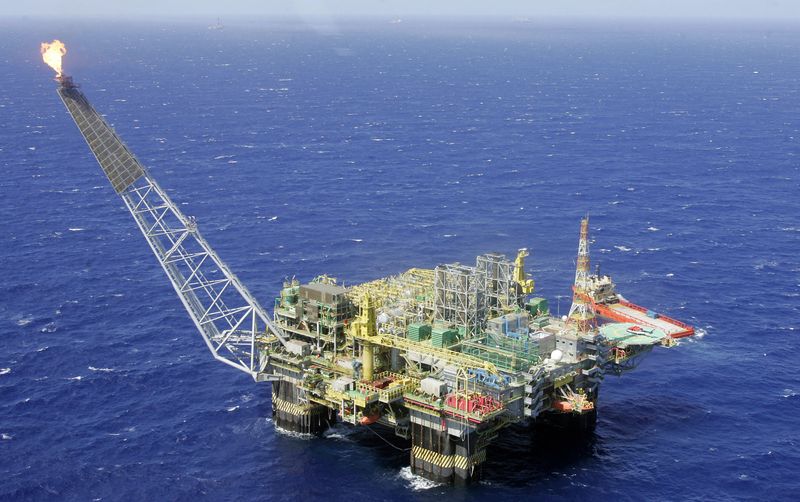By Florence Tan
SINGAPORE (Reuters) – Oil prices rose on Friday, regaining ground after tumbling more than $2 a barrel in the previous session as concerns of a wider Middle East conflict eased while the United States, the world’s biggest oil consumer, showed signs of weakening demand.
futures climbed 45 cents, or 0.5%, to $88.38 a barrel by 0019 GMT while U.S. West Texas Intermediate was at $83.63 a barrel, up 42 cents, or 0.5%.
Both contracts are on track to post their first weekly drop in three weeks as the geopolitical premium built on fears that the Israel-Gaza conflict could involve more countries in the Middle East and disrupt oil supply has eased.
“As a trader I’m going to have to say we are somewhat out of our league here – trying to ascribe a value to geopolitics when no meaningful supply has been disrupted outside of the levant,” said Kelvin Yew, a senior oil trader at Ocean Leonid Investments.
Israeli forces carried out their biggest Gaza ground attack in their 20-day-old war with Hamas overnight, angering the Arab world.
Prime Minister Benjamin Netanyahu had said Israeli troops were still preparing for a full ground invasion, while the United States and other countries urged Israel to delay, fearing it could ignite hostilities on other Middle East fronts.
“… (It) remains incredibly difficult even for the most knowledgeable regional watchers to make high conviction calls about the trajectory of the current crisis as the redlines that could bring more players onto the battlefield remain largely indiscernible,” RBC Capital analyst Helima Croft said in a note.
Goldman Sachs analysts have kept their first quarter 2024 Brent crude price forecast at $95 a barrel but added that lower Iranian exports could cause baseline prices to rise by 5%.
Prices could jump 20% in the less likely scenario of an interruption of trade through the Strait of Hormuz where 17% of global oil production transit, they said in a note.
Voluntary supply cuts by Saudi Arabia and Russia, which will be in place until the end of the year, are tightening markets globally and supporting prices, analysts said.
Read the full article here




